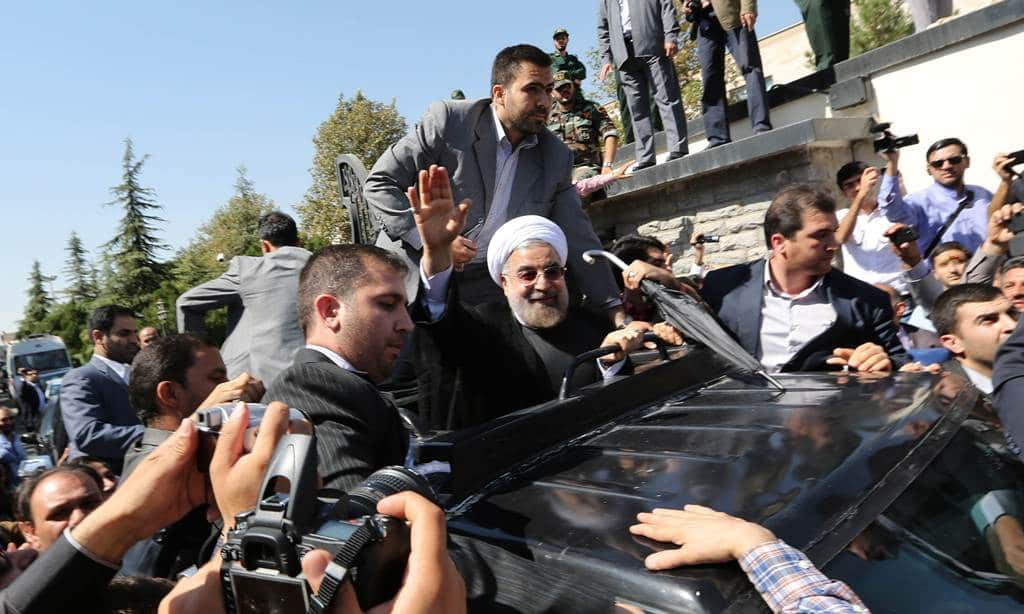It took twelve minutes of Alireza M hanging by his neck before they pronounced him dead.
Death by hanging is gruesome. The eyes bulge and the rope cuts into the neck as the person kicks and gasps for air. Those twelve minutes must have been the longest of his life.
It is hard to imagine these last moments without feeling it in your throat. But they weren’t Alireza’s final moments.
After being pronounced dead, Alireza was found to be alive and breathing in the morgue when his family came to collect the body. The execution had failed.
His two daughters were reported to be “the happiest of all” when the hospital declared his medical condition “satisfactory”.
I would have been happy too - until I heard the news, that is. According to Iranian authorities, Alizer will be hung again “once medical staff confirm his health condition is good enough”.
The authorities are waiting on Alireza to be nursed back to health before they carry out the execution again. This time there won’t be any mistakes.

All of this occurred last week in Iran, one of the world’s biggest executors alongside China, USA and Saudi Arabia.
Alizer was convicted of drug trafficking in a court notorious for unfair trials. At 37 years of age, his government tried to take his life.
There is no doubt that trafficking drugs is a crime and if guilty, Alireza should receive a fair punishment.
But does he deserve to be hung twice, and by a state that is supposed to protect its citizens no less? Of course not.
It is not because place the rights of offenders above victims that I oppose Alireza’s execution. It’s because his death has no purpose.
What would a (second) execution of Alireza achieve? Would it stop the drug trade? No. Would it deter other criminals? No. Will we ever know for certain whether he is 100% guilty of this crime? No.
We have looked and looked for the answers to these questions, and there is simply no evidence that imposing the death penalty stops crime.
The second hanging of Alireza would be a purposeless killing. Another twelve minutes that we should all be ashamed of. Executions, like colonialism, slavery and child labour, and cruel and degrading - and should belong to the past.
Some argue that killing Alireza will stop him from committing any further crime, because “no one can offend when they’re dead”. But it is precisely because they are irreversible that we cannot take any chances with an innocent life. There are other ways, more just ways to deal with criminals rather than killing them.
Rehabilitation programs and jail sentences can work and don’t require the brutality that an execution demands. This is also the more cost-effective way, with US studies showing that it costs more to execute than to jail someone.
Even Iranian officials have said they have doubts about whether the death penalty stops the drug trade.
If we are serious about breaking the global drug trade and stopping crime then a good first step would be for countries like Iran, US, China, Saudi Arabia, Yemen and Iraq to take the resources they spend on executions and apply them to programs that will actually help deter crime.
Michael Hayworth is Amnesty International's anti-death penalty campaigner. Based in Brisbane, he opposes capital punishment. If you think Michael has got it wrong, tell him - @michaelhayworth.
##
UPDATE: Iran has decided to spare the life of a convicted drug trafficker who regained consciousness from a coma after surviving a hanging, media reports quoting top judicial officials said Wednesday.
The reports follow calls from within Iran and appeals from international rights groups against the man, who was found alive in a morgue, facing execution for a second time.
Share

